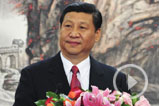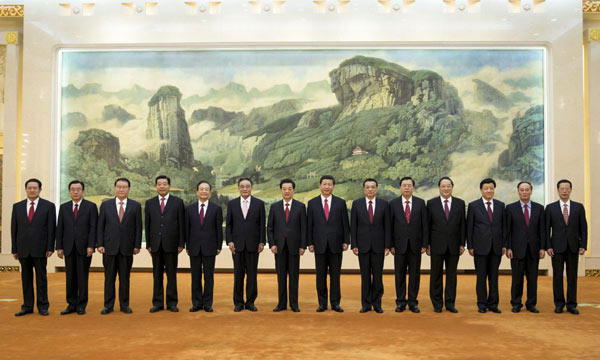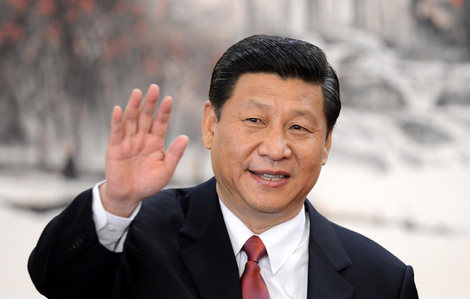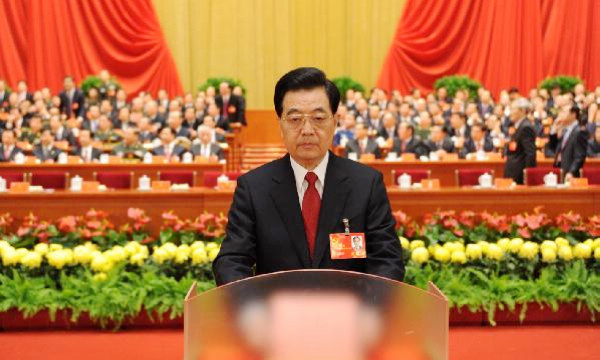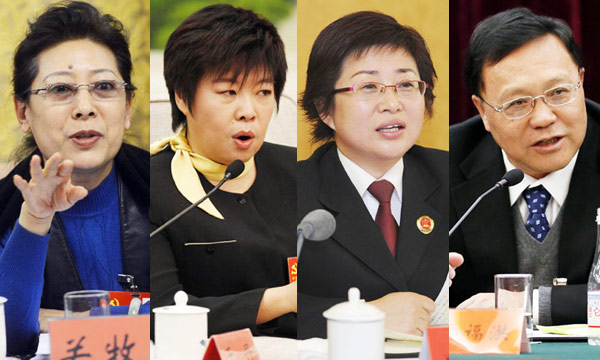Party place
By David Bartram (China Daily European Weekly)
Updated: 2011-06-24 11:04
Communist Party of China has navigated political and economic twists and turns over 90 years to reach its dominant position today

|
||||
|
 Top: A memorial boat for the First National Congress of the CPC in Jiaxing. The last day's meeting was forced to move from Shanghai to a boat on the South Lake of neighboring Zhejiang province.
Above: The Red Army crosses the Jiajin Mountain in Sichuan province during the Long March.
Below: The Eighth Route Army wins a battle against Japanese aggressors in Laiyuan, Hebei province, in 1940.
|
The early days of the CPC were a world away from its current status. Chinese reformers were forced to turn to the Soviet Union for support in founding a Communist party. The Lenin-led USSR was happy to oblige, at that time keen on the idea of spreading the Communist ideal worldwide.
"The sponsorship of the Comintern in Moscow helped establish the CPC but did not ultimately prove successful," says Kent Deng, doctor of economic history at the London School of Economics (LSE). "The Communist movement was initially defeated, leading to the Long March (a strategic retreat from Kuomintang troops). Although the Party moved to Jiangxi, it was forced to withdraw from most of China. It looked like the revolution was dead."
The Party struggled on, often in exile, through civil war and Japanese occupation. It was not until the end of World War II that Mao Zedong and the CPC saw their opportunity.
"After 1946, the Party became very pro-active," says Deng. "They saw a very much injured Kuomintang side, led by Chiang Kai-shek, and threw everything in to win the war."
The significance of this victory, and the subsequent formation of the People's Republic of China, cannot be underplayed, even in terms of the development of China's transformation into a global economic superpower in more recent times.
"You can't consider 1978 and Deng Xiaoping's reforms as the beginning," says Martin Jacques, author of When China Rules the World. "The pre-conditions for what happened after 1978 were set in 1949. What China depended on above anything else historically was the restoration of its national sovereignty, the booting out of the various colonial powers and the restoration of the unity of the country which had been seriously eroded after 1911.
"This was Mao Zedong's achievement. This is why Mao is considered a more important figure than Deng Xiaoping in China, and they are right in that sense. Mao, for all his weaknesses, was a colossal figure historically."
But even with the issue of national sovereignty resolved, the CPC was to face a series of stark choices by the mid-1970s, as the country emerged from the "cultural revolution" (1966-76), which had left China isolated from the rest of the world and struggling to provide for its population. It was the choices made in these years that redefined the Party, the country, and the world as a whole.
"Coming out of the 'cultural revolution', China faced a choice: Do we want the Gang of Four (the faction which controlled the nation during the 'cultural revolution') to control society and continue down the same path, or do we try something different?" says Deng of the LSE.
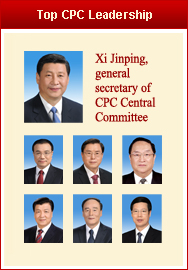
Top News
Xi emphasizes adherence to CPC Congress spirit
Top legislator urges implementation of congress spirit
Moderately prosperous China brings chances to world
Video
